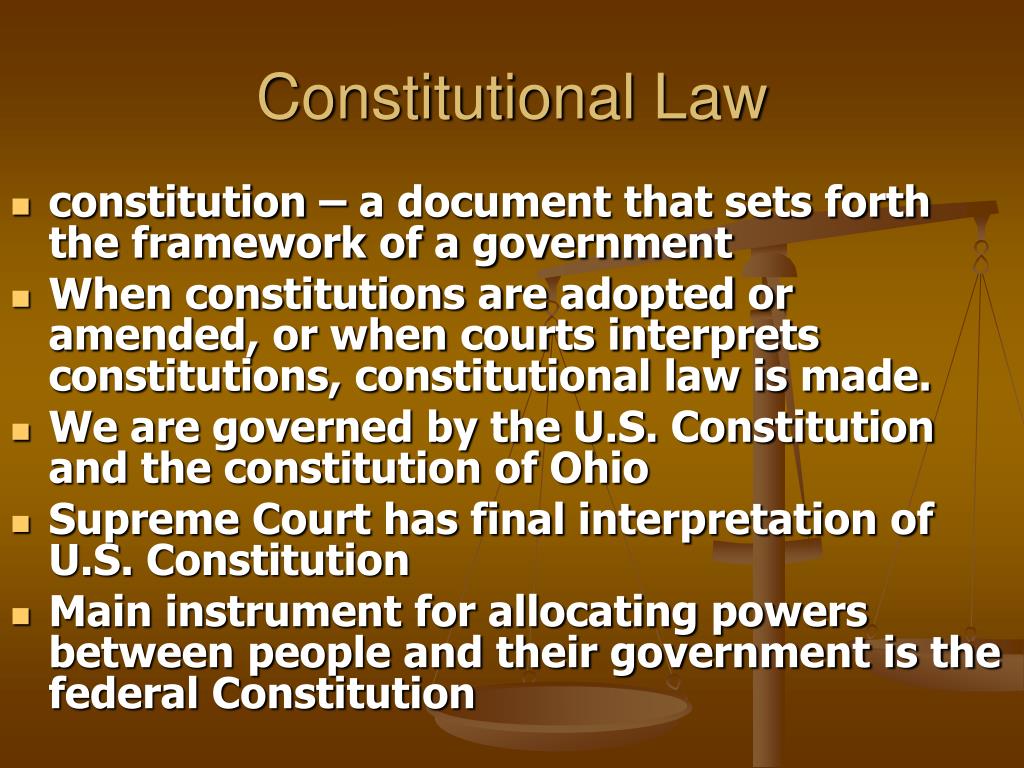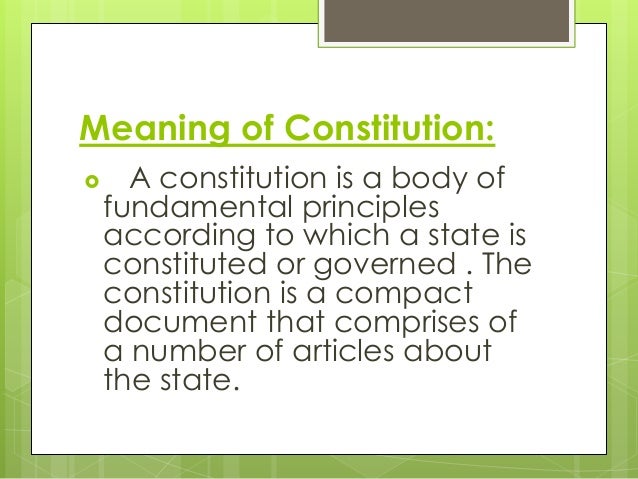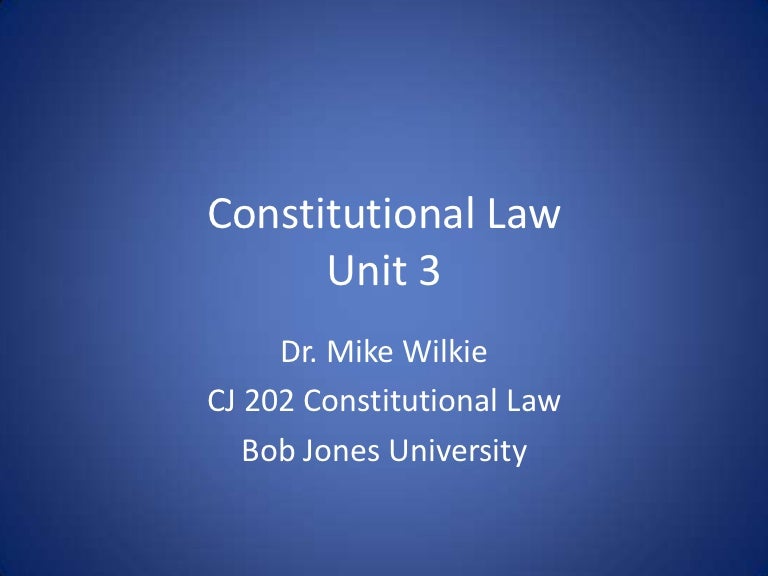

According to the US Constitution, powers belong to both the individual states as well as the federal government. Unitary states can be compared to federations, and the US is a good example of such. Unitary States in Contrast to Federations Some of the other unitary states include Italy, Japan, People's Republic of China, Philippines, Bangladesh, Indonesia, Algeria, Denmark, Kazakhstan, the Democratic Republic of the Congo, Morocco, Uganda, Haiti, Guatemala, Iceland, and Kenya among many others. However, this limits the control that the central government can have over its smaller units.

The sub-national governments in federal states share powers as equal actors with the central government through a written constitution which both parties have to consent to for amendments to be done. Examples of areas include the Kingdom of Norway and the Republic of Ireland. In these states, sub-national areas are not in a position to decide their laws.

A number of unitary states comprise of zero areas that possess a degree of autonomy. Such power can only be authorized by the Parliament of the UK which possesses the power to enact laws, abolishing or unilaterally revising devolution. However, Northern Ireland, Wales, and Scotland hold some degree of devolved and autonomous power. Examples of Unitary StatesĪ good example of a unitary state includes the United Kingdom of Great Britain and Northern Ireland. However, the central government still maintains supreme powers and may invalidate the powers of devolved governments or revoke their acts. Under a unitary system of government, political powers can be difused to a local government by statutes through devolution. The central government may narrow or broaden the powers of the sub-national units. An example of this is the merging of French regions. Sub-national units are either abolished or created in a unitary state. Most states worldwide work under a unitary system of government, for example, 165 out of a possible 192 states that are members of the UN are unitary states. A unitary state only exercises the powers that the central government decides to delegate. A unitary state is the opposite of a federation where powers are dispersed. A unitary state refers to a country that has one supreme authority which rules over all other delegations.


 0 kommentar(er)
0 kommentar(er)
